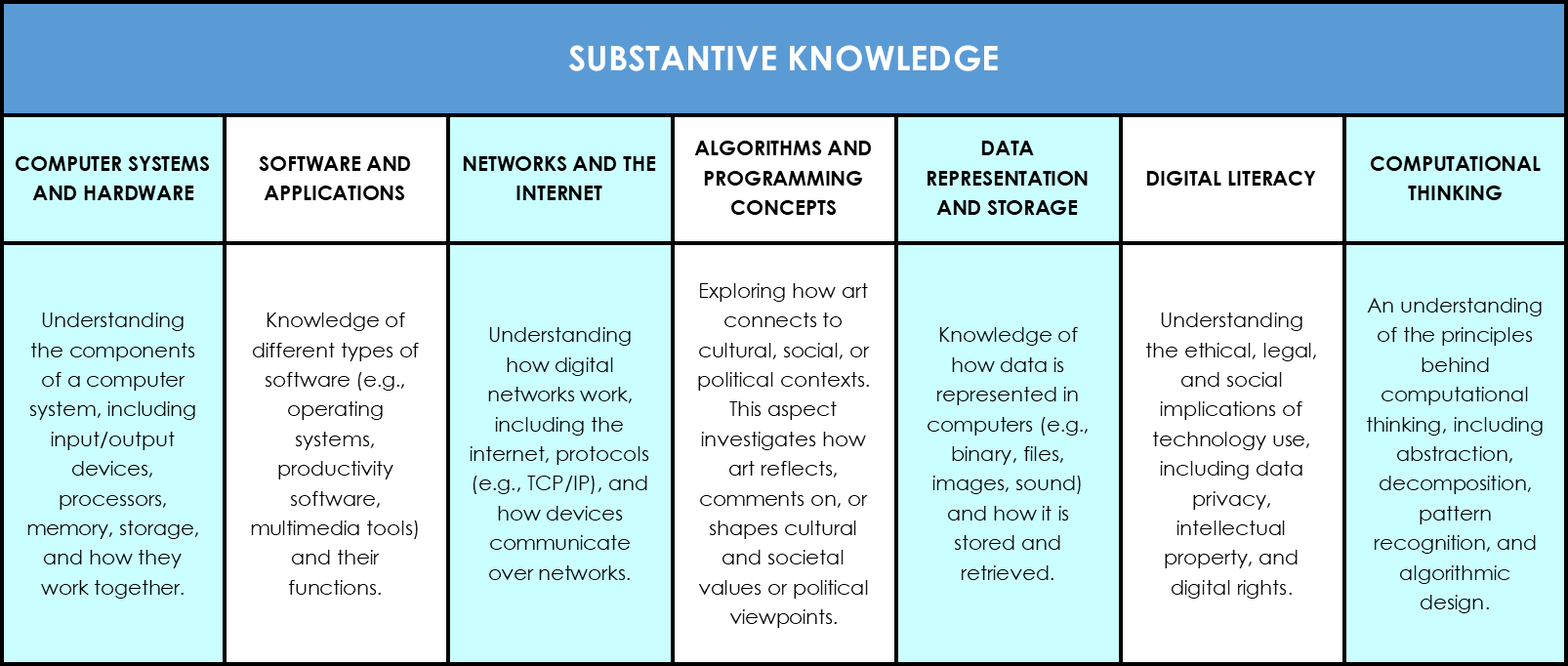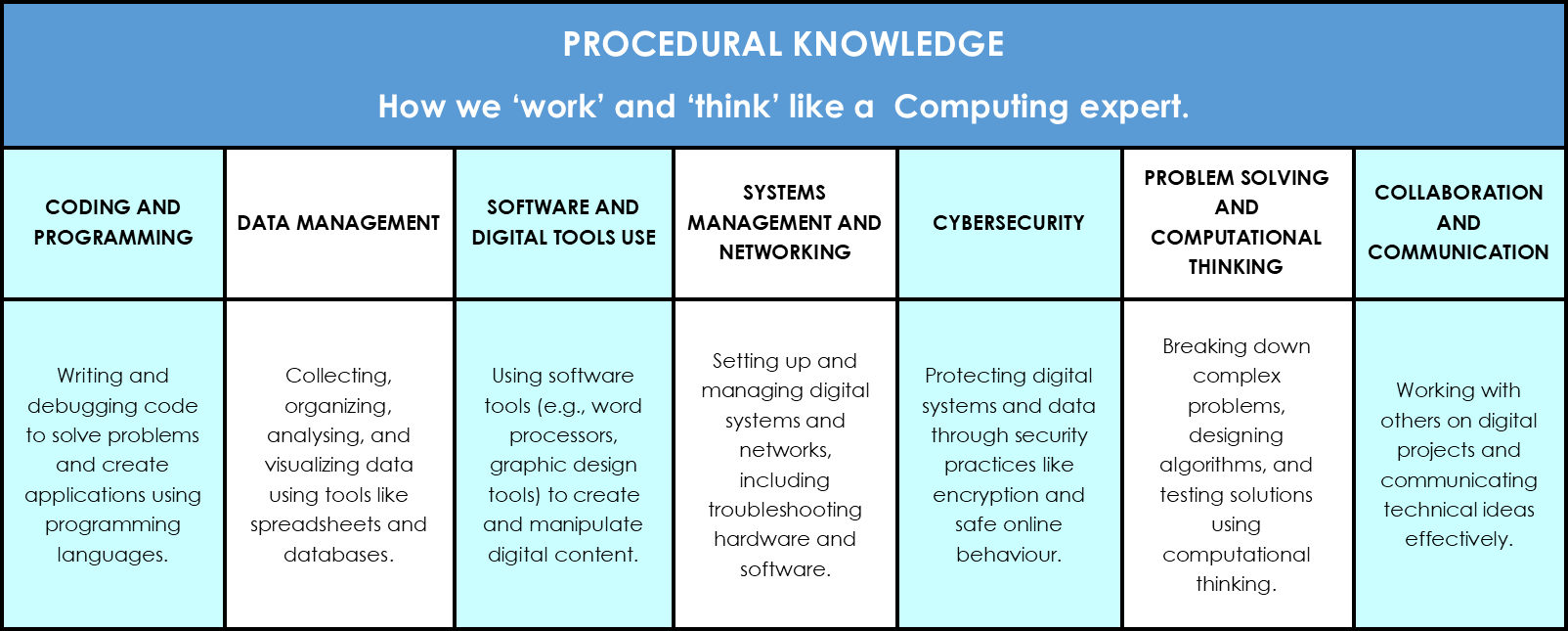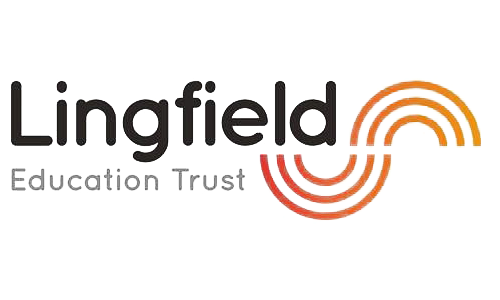“The computer was born to solve problems that did not exist before.” – Bill Gates
At Marton Manor Primary School, we understand the immense value technology plays not only in supporting the Computing and whole school curriculum but overall in the day-to-day life of our school. We believe that technology can provide: enhanced collaborative learning opportunities; better engagement of pupils; easier access to rich content; support conceptual understanding of new concepts and can support the needs of all our pupils.
Our intent for Computing at Marton Manor
- Provide an exciting, rich, relevant and challenging Computing curriculum for all pupils.
- Teach pupils to become responsible, respectful and competent users of data, information and communication technology.
- Provide technology solutions for forging better home and school links.
- Enthuse and equip children with the capability to use technology throughout their lives.
- Teach pupils to understand the importance of governance and legislation regarding how information is used, stored, created, retrieved, shared and manipulated.
- Utilise computational thinking beyond the Computing curriculum.
- Give children access to a variety of hardware, software and unplugged resources.
- Equip pupils with skills, strategies and knowledge that will enable them to reap the benefits of the online world, whilst being able to minimise risk to themselves or others.
We follow the National Curriculum at Marton Manor
Key stage 1
Pupils should be taught to:
- Understand what algorithms are; how they are implemented as programs on digital devices; and that programs execute by following precise and unambiguous instructions
- Create and debug simple programs
- Use logical reasoning to predict the behaviour of simple programs
- Use technology purposefully to create, organise, store, manipulate and retrieve digital content
- Recognise common uses of information technology beyond school
- Use technology safely and respectfully, keeping personal information private; identify where to go for help and support when they have concerns about content or contact on the internet or other online technologies.
Key stage 2
Pupils should be taught to:
- Design, write and debug programs that accomplish specific goals, including controlling or simulating physical systems; solve problems by decomposing them into smaller parts
- Use sequence, selection, and repetition in programs; work with variables and various forms of input and output
- Use logical reasoning to explain how some simple algorithms work and to detect and correct errors in algorithms and programs
- Understand computer networks including the internet; how they can provide multiple services, such as the world wide web; and the opportunities they offer for communication and collaboration
- Use search technologies effectively, appreciate how results are selected and ranked, and be discerning in evaluating digital content
- Select, use and combine a variety of software (including internet services) on a range of digital devices to design and create a range of programs, systems and content that accomplish given goals, including collecting, analysing, evaluating and presenting data and information
- Use technology safely, respectfully and responsibly; recognise acceptable/unacceptable behaviour; identify a range of ways to report concerns about content and contact
How the Computing Curriculum is designed at Marton Manor
At Marton Manor Primary School, our Design and Technology Curriculum develops creativity, problem-solving, and technical understanding. Built around key substantive concepts and disciplinary knowledge, our curriculum equips children with the skills to think, design, and create like designers and engineers.
Below, you will find an overview of our curriculum, outlining the key substantive concepts and the role of disciplinary knowledge in shaping children’s understanding of design and technology.







